Blood pressure management is essential for maintaining heart health and preventing complications such as heart attacks or strokes. By monitoring your blood pressure regularly and making key lifestyle changes, you can manage it effectively. Here’s a comprehensive guide on how to measure, prevent, and control your blood pressure, along with advice on nutrition, exercise, and when to consult a doctor.
3 Tips for Measuring Blood Pressure at Home
1. Pick the Right Tool
To get exact estimations, select a demonstrated digital blood pressure screen that fits around your upper arm. Devices that pump up by themselves are simple to utilize and give more tried and true results compared to monitors you wear on your wrist or finger.
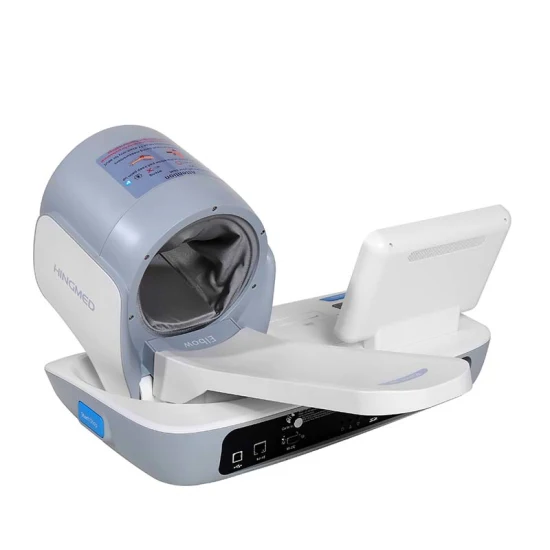
A digital blood pressure screen with an arm sleeve on a table.
2. Follow Proper Procedure
To take an accurate measurement:
- Sit in a quiet room with your back supported and feet flat on the floor.
- Rest for 5 minutes before taking a reading.
- Keep your arm supported at heart level with the cuff wrapped snugly around your upper arm.
- Take two to three readings, spaced a minute apart, and record the average for a more reliable result.
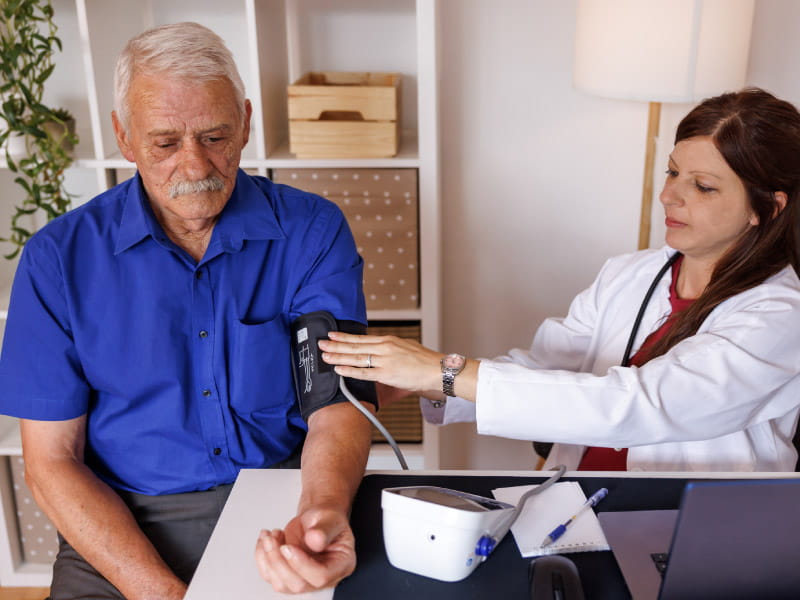
A person sitting calmly with their arm resting on a table at heart level, preparing for a blood pressure check.
3. Log Your Readings
Maintain a blood pressure log, noting the date, time, and circumstances of each reading. This will help track trends and can be valuable for discussions with your doctor.
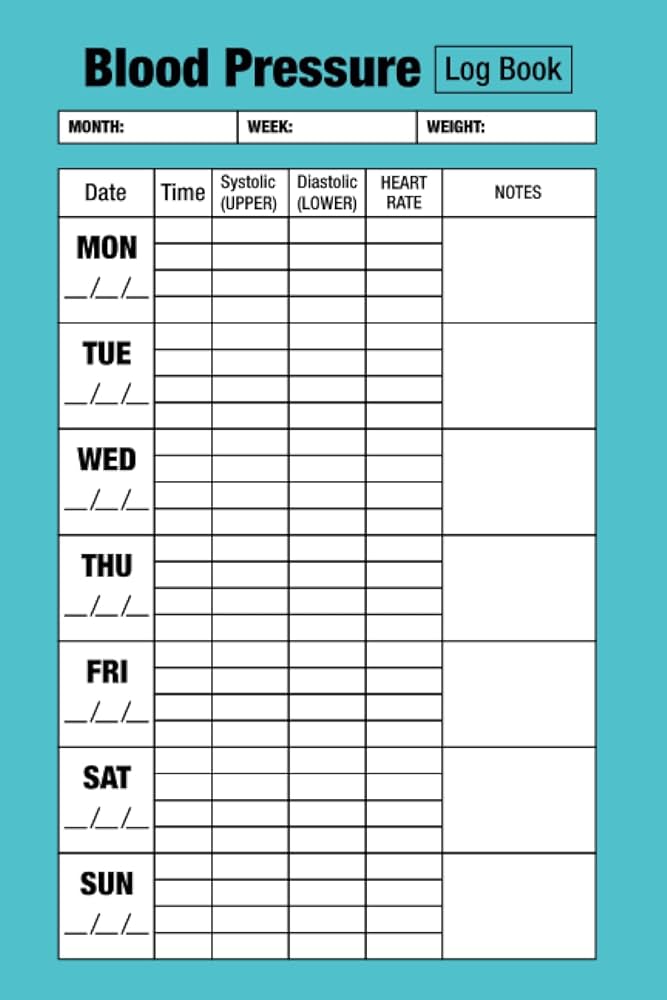
A journal showing space recorded blood pressure measurements alongside dates and times.
2 Key Lifestyle Changes for Prevention
i. Eat Heart-Healthy Foods
Diet greatly affects blood pressure:
- Cut back on salt: Avoid processed and fast foods, which are often salty. Aim for under 2,300 mg of sodium daily.
- Eat more potassium: It helps counter sodium's effects. Try foods like bananas, spinach, and potatoes.
- Balance your diet: Focus on fruits, veggies, whole grains, lean proteins, and healthy fats. The DASH diet works well for lowering blood pressure.

A plate with various veggies, lean meats, whole grains, and good fats.
ii. Drink Enough Water
Staying hydrated helps your body work right and prevents dehydration, which can cause short-term blood pressure spikes.

A glass of water next to a healthy meal.
3 Work out Tips for Blood Weight Control
a. Normal Cardio
Normal work out helps lower blood weight and boost heart wellbeing. Attempt to get at least 150 minutes of direct cardio each week. This can be strolling, running, swimming, or biking.

A individual running in a stop within the morning.
b. Include Quality Training
Incorporate quality training 2-3 times a week to build muscle and move forward heart wellbeing. You can lift weights or do bodyweight works out like push-ups along with your cardio.

A individual lifting weights in a gym.
c. Do not Overdo It
While work out is nice, pushing as well difficult can briefly raise blood pressure. Continuously warm up, begin moderate, and tune in to your body.
A individual catching their breath after a difficult workout.
Stress Management and Rest: 2 key focuses
1. Utilize Stress-Relief Strategies
Steady push can contribute to high blood weight. Join stress-relieving works out like thought, yoga, significant breathing works out, or relaxation exercises that loosen up you.
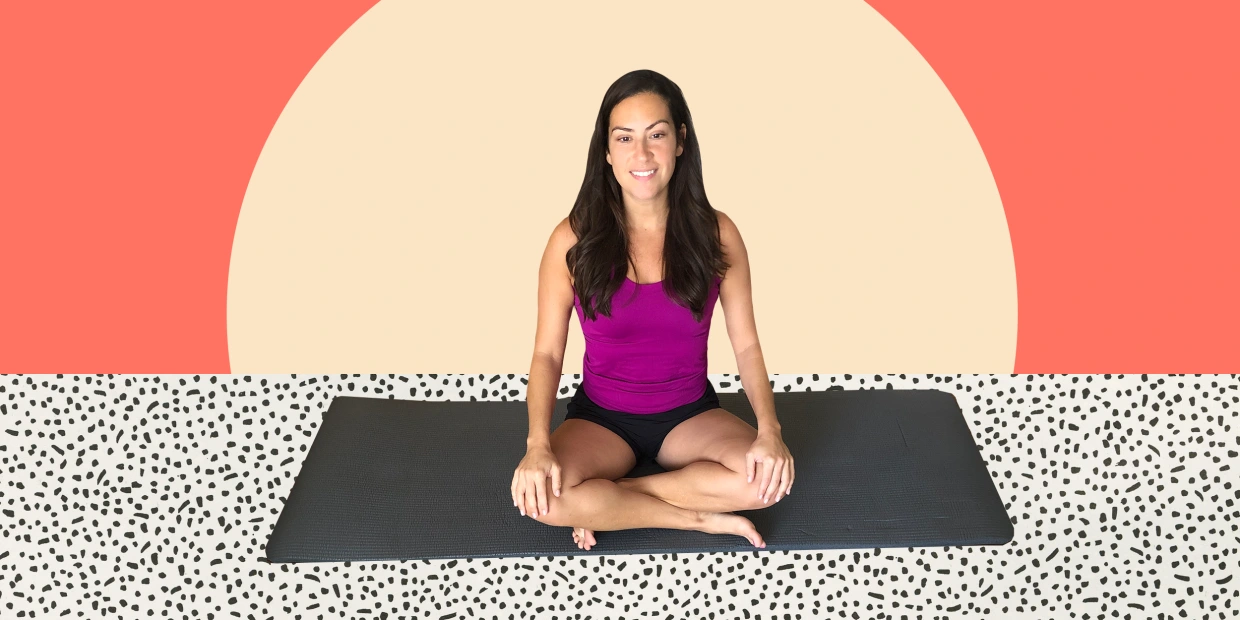
A person practicing yoga and significant breathing on a tangle in a calm setting.
2. Get Sufficient Rest
Point for 7-9 hours of great rest each night. Poor rest can raise blood weight, so adhere to a regular rest plan and make a relaxing room.
A person resting tenderly in a dim, calm room.
Talking to a Doctor: 2 key points
a. Know When to Seek Medical Advice
If your blood pressure consistently exceeds 130/80 mm Hg, it’s important to consult a healthcare professional. They may recommend medication or further tests to identify any underlying issues. Bring your blood pressure log to your appointment to provide your doctor with detailed information.

A doctor discussing blood pressure management with a patient in a clinic setting.
b. Follow Medication Guidelines
If your doctor prescribes blood pressure medication, follow their instructions carefully. Medication, when combined with lifestyle changes, can help keep your blood pressure under control.
A person taking prescribed medication with a glass of water.
Keeping your blood pressure in check at home goes beyond taking measurements . To improve your heart health, you need to eat well, stay active, handle stress, and get enough sleep.
By keeping an eye on your numbers and talking to your doctor when needed, you can take charge of your blood pressure and boost your overall well-being.
To learn more about controlling blood pressure, watch this video:




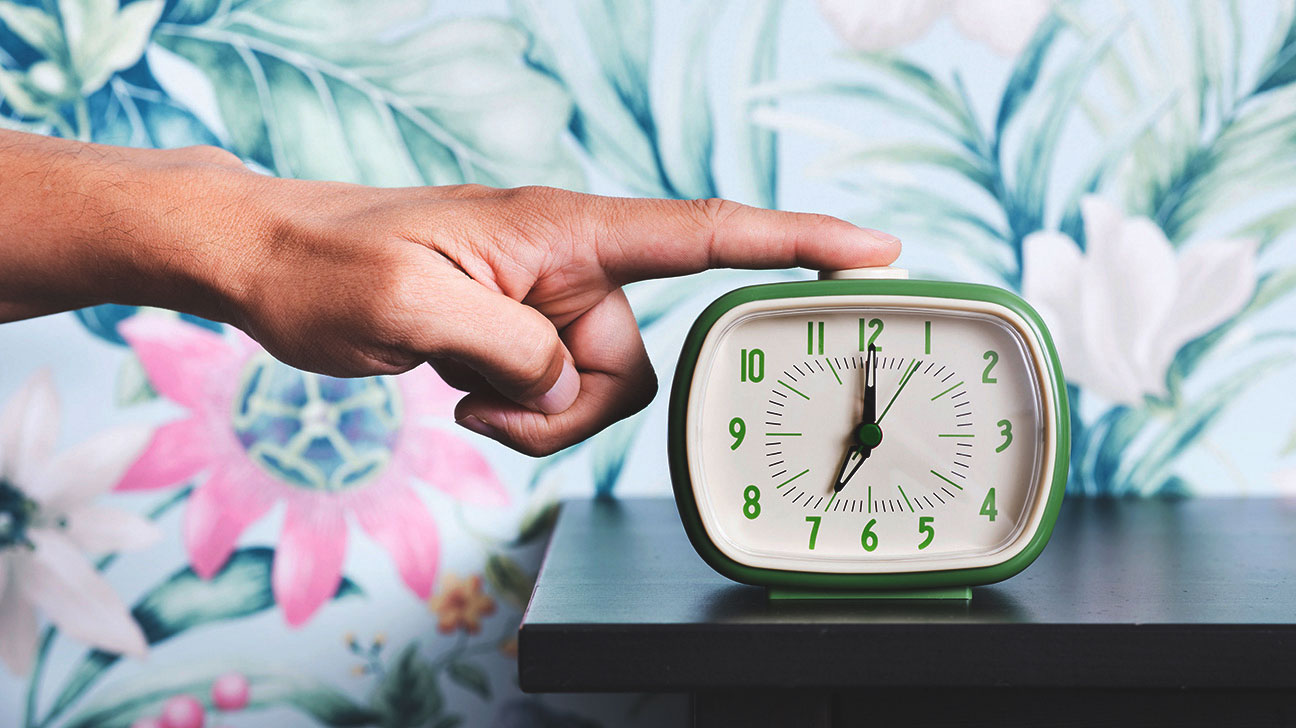

Comments